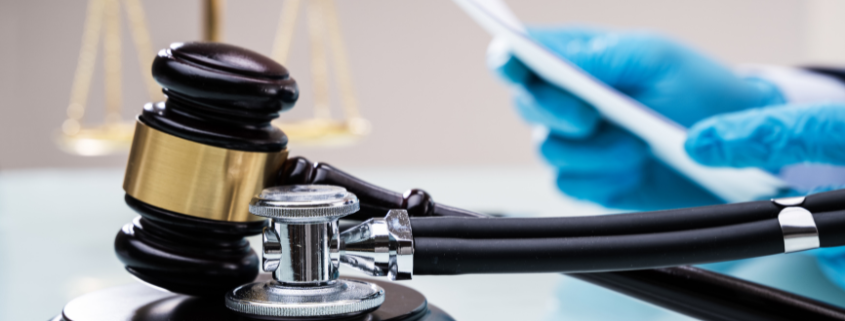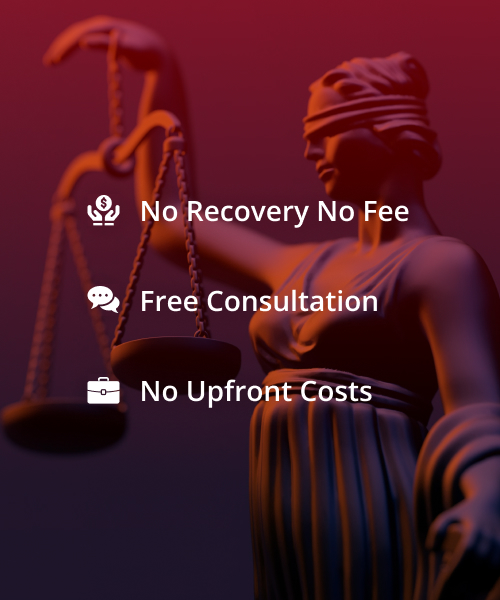- Free Case Evaluation: (305) 577-3777 Tap Here to Call Us
A Failure to Diagnose You May Be Medical Malpractice

We all want answers when there’s something wrong with us. A healthcare provider can only guess what treatment might work without a diagnosis. Failing to diagnose may result in serious mistakes by your healthcare provider that could be grounds for a medical malpractice claim here in Florida.
The more complex your condition, the more moving parts may be involved in determining a diagnosis. The problem may not be your physician but the lab testing your blood or urine or the pathologist reviewing biopsy samples. Problems may also occur because of how the lab or hospital is run, its lack of oversight of employees, or its failure to maintain professional standards.
Mistakes are the Foundation of Medical Malpractice Claims
Not all mistakes made by those in our healthcare system are caused by medical malpractice. That’s limited to failures to provide the level of care, skill, and treatment recognized in the area as acceptable and appropriate by reasonably prudent and similar healthcare providers.
Though not all mistakes amount to medical malpractice, all medical malpractice claims are based on errors that should not have happened. If you’re not given the correct diagnosis, any number of things may have gone wrong:
- Failure to Adequately Test: Healthcare providers may neglect to order the appropriate diagnostic tests or may not order enough tests to fully investigate your symptoms. Inadequate testing can result in crucial information being missed.
- Misinterpretation of Test Results: Even when tests are performed, errors can occur in interpreting the results. This can lead to false positives or negatives, or a misunderstanding of the significance of specific findings.
- Overlooking Less Common Conditions: Your healthcare provider may focus on more common diagnoses and overlook rarer conditions with atypical presentations. This can result in a delayed diagnosis or no diagnosis at all.
- Failure to Reassess: If initial diagnostic efforts do not yield conclusive results, healthcare providers should reassess your condition over time. Some conditions may evolve or present more distinct features as time progresses. Failing to reassess can lead to missed opportunities for diagnosis.
- Lack of Consultation: Healthcare providers may hesitate to consult with specialists or seek second opinions when facing diagnostic challenges. Collaboration and seeking expert input can be invaluable in complex cases.
- Not Listening to You: Patients are often the best source of information about their symptoms and medical history. Failure to listen carefully to your concerns or missing critical details provided by the patient can impede the diagnostic process.
- Failure to Consider Rare Diagnoses: Rare diseases or conditions with unique symptoms may not always come to mind, especially if a healthcare provider is unfamiliar with them. This can lead to diagnostic errors.
- Communication Errors: Miscommunication within the healthcare team or between you and the healthcare provider can result in diagnostic errors. Misunderstandings, missed follow-up appointments, or the loss of critical information can hinder the diagnostic process.
- Diagnostic Bias: Cognitive biases, such as anchoring (fixating on one diagnosis), confirmation bias (seeking information that confirms one’s preconceived notions), and availability bias (relying on readily available information), can influence the diagnostic process and lead to errors.
- Inadequate Documentation: Incomplete or inaccurate medical records can hinder the diagnostic process, as they may lack essential information about the patient’s history, symptoms, and prior tests.
- Failure to Update Knowledge: Medicine is a continuously evolving field. Healthcare providers who fail to stay updated on the latest research, diagnostic tools, and best practices may make diagnostic errors.
Your healthcare provider’s failure to diagnose can mean your condition may worsen, making it more difficult to treat, possibly causing you pain and anxiety, lessening your ability to function, work, earn an income, and support your family.
Are You the Victim of a Failure to Diagnose Your Condition?
If you think you’ve fallen victim to your healthcare provider’s failure to meet professional standards because you were not diagnosed with a medical condition, contact the Jeffrey R. Davis, P.A. law firm today!









